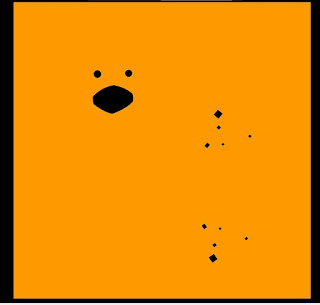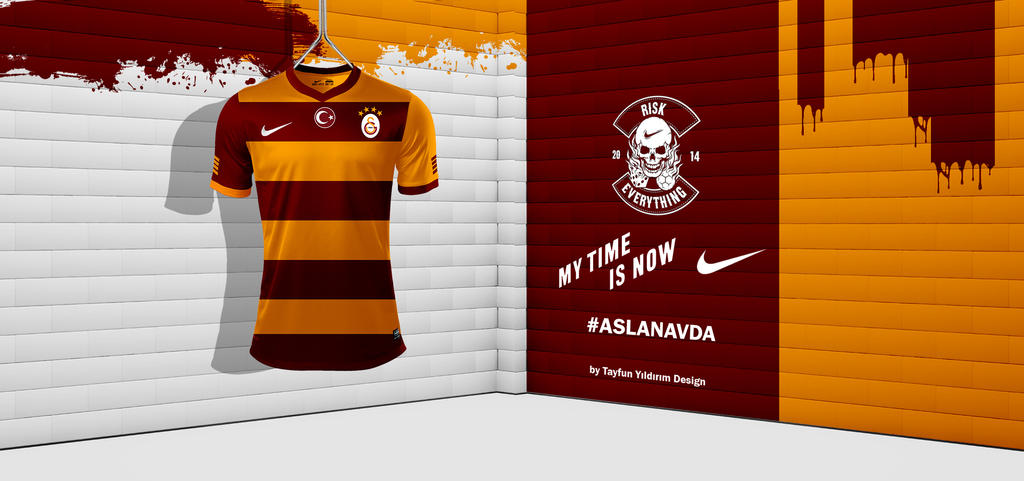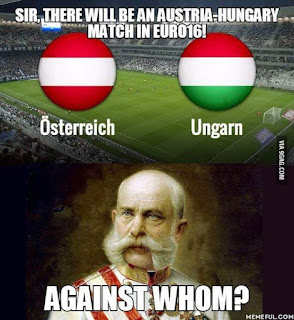An eyewitness report from an hour of Speak-dating
In the adventure comedy classic It’s A Mad, Mad, Mad, Mad World (1963), a dozen treasure hunters spend three and a half hours trying to find ‘the big W’ under which the treasure is hidden.On 26 October 2017, a dozen colleagues spent an hour trying to twist their tongues around another type of treasure: The treasure of languages!
As a native Dane living in ‘Little Portugal’, I decided to walk past the Swedish and Portuguese stands and headed straight for the Maōri one. It was with a mixture of disappointment and relief that I was welcomed not by a tattooed dancing warrior but by Tama, our New Zealandic colleague from Internal Communication.
I did not completely escape the Maōri ritual though, for what Tama taught a fellow Dane and me was how Maōris greet each other when they meet. OK, you can just say Kia ora! but why take this easy road when you can introduce yourself by blessing a mountain, a river and your tribe before saying your name?
The challenge was not so much to pronounce the Maōri words than to think of a place in our flat country of birth that even remotely qualifies as a mountain… But New Zealanders are open and friendly, so we each chose a Danish hill, or in my case a famous migrating sand dune, Råbjerg Mile. I thus opened the greeting ritual with the exotic sentence Ko Råbjerg Mile te māunga.
Tama handed us a list of EU tribes. Ours is called Tenemāka, so we formed the sentence Ko Tenemāka tōku iwi. It takes little imagination to see that Tenemāka means ‘Denmark’. Maōris do not like soft consonants, nor two consonant sounds in a row. With that in mind, the list of EU tribes was relatively easy to decipher, even the word for Finland, Whinirana, knowing that the letter combination ‘wh’ gives an ‘f’ sound.
There was one exception though. One so funny that it has been my favourite story to tell since my Speak-dating experience. France in Maōri is called Wīwī — what an absolutely wonderful onomatopoetic creation! And another great way to use a ‘W’.
But on to Whinirana. I was greeted by Sanni, a trainee who with great enthusiasm taught my Croatian colleague Dubravka and me how the Finnish word for ‘dragon’ actually means ‘salmon snake’. How the world’s longest palindrome, saippuakivikauppias is pronounced. And how kuusi palaa can mean anything from ‘six pieces’ to ‘Your moon is on fire’.
Dubravka, hosting the Croatian Speak-date, returned the favour to Sanni and me by teaching us some useful phrases in her — comparatively — simple mother tongue: Bok! Ja sam Bjørn. Molim pivo! Hvala! (‘Hi! My name is Bjørn. One beer, please! Thank you!’) — What else can one ask for after a day of visiting Dubrovnik’s old city in scorching heat.
Actually a beer was exactly what I needed after finishing my Speak-dating journey in the Welsh corner. Only… ordering it in Aberystwyth would be a lot less easy than in Dubrovnik: Peint o gwrw os gwelwch yn dda. Although Welsh people are also known for being friendly and welcoming, I would be afraid of mispronouncing the order and instead turning it into some sort of Celtic insult.
John Evans, suitably clad in a Welsh jersey, had prepared three or four big sheets explaining the pronunciation rules and listing some useful phrases. How ‘dd’ is like the English ‘th’. How not to spit when pronouncing ‘ll’.
And how ‘w’ is in fact a vowel.
There, mystery solved. I look forward to next year’s Speak-dating.






















.jpg)

